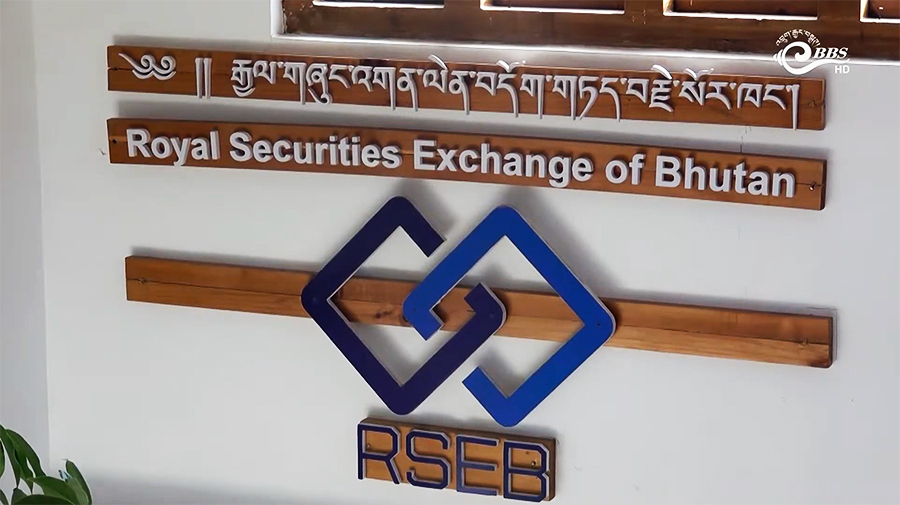 If you have ever bought or sold shares with the Royal Securities Exchange through a broker, you have probably noticed the one per cent commission fee that comes with every transaction. It is a small percentage, but for many, it raises a big question: why do brokers charge this fee?
If you have ever bought or sold shares with the Royal Securities Exchange through a broker, you have probably noticed the one per cent commission fee that comes with every transaction. It is a small percentage, but for many, it raises a big question: why do brokers charge this fee?
Brokers are the backbone of the Royal Stock Exchange of Bhutan (RSEBL). Their primary role is to facilitate trades between investors and the stock market.
Currently, there are nine brokerage firms on the stock exchange.
“The brokers are responsible for regulatory compliance and also updating information of the clients in the system of the Royal Securities Exchange so that they receive dividends on time. Besides that, brokers provide related information and guidance to the clients,” said Parsuram Tirwa, a broker.
He mentioned that many clients frequently request a reduction in the commission fees, which are typically set at one per cent. On occasion, he accommodates these requests by offering a discount on the fees.
He added that behind this seemingly modest percentage which might seem like a simple cost of doing business lies a world of services, expertise, and operational demands that ensure a smooth investment experience.
“From the one per cent commission, we receive from the investors we have to pay a trading fee, depository fee, and annual membership fee to the Royal Securities Exchange, and on top of that we have to manage salary and other expenses of the employees.”
Despite the services they provide, brokers face several challenges such as limited liquidity. With limited companies listed on the exchange, it becomes difficult for brokers to buy or sell large amounts of stock without changing the price.
The fee ensures that brokers can continue to provide services that help investors make informed decisions and navigate the ups and downs of the market.
Kinley Bidha
Edited by Phub Gyem







